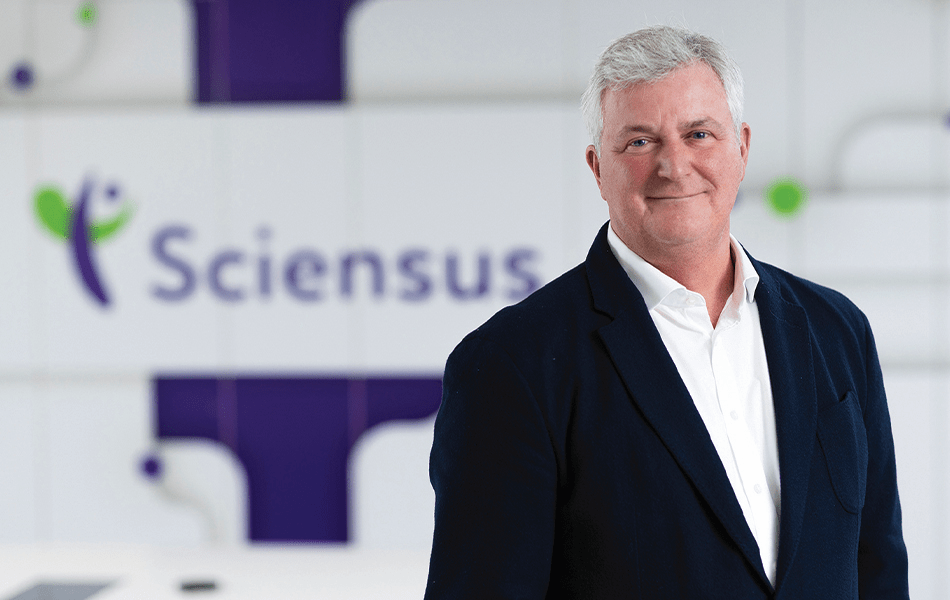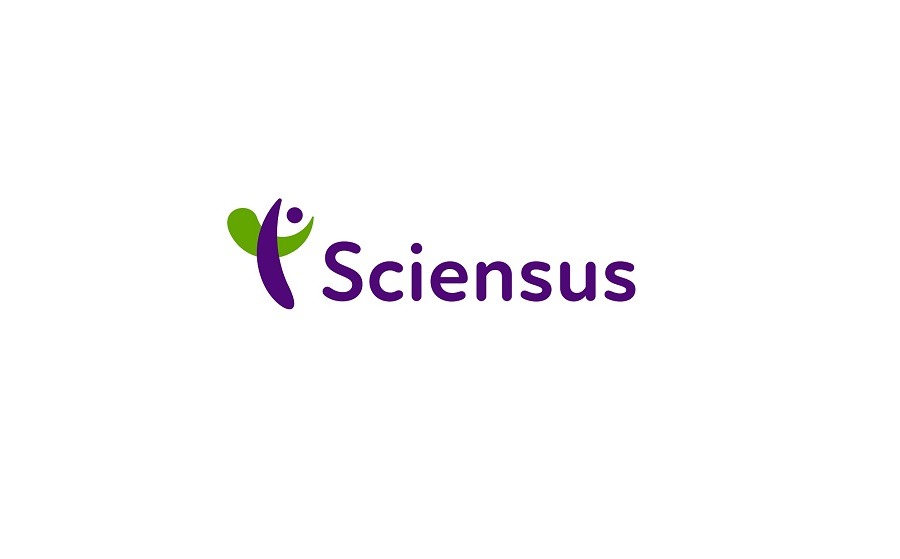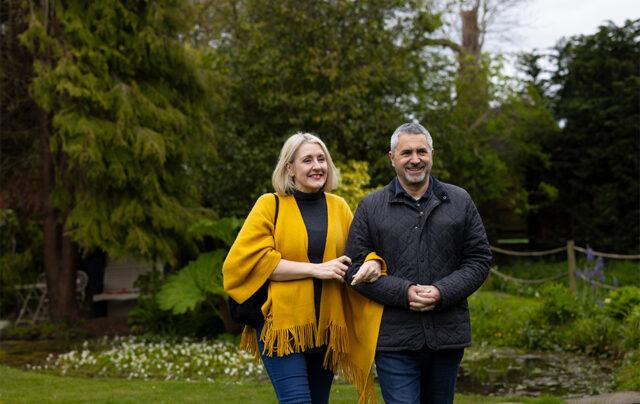
Pharma is sitting on a multi-billion-pound opportunity and it’s buried in patient-reported data
Despite the surge in patient-reported and real-world data (RWD), much of pharma is yet to unlock its full commercial potential. The evidence is clear: when structured and leveraged properly, this data drives both improved clinical outcomes and significant revenue gains.
A valuable yet underutilised asset
With increasing digital engagement, more patients are actively generating health insights through digital platforms. Sciensus, which supports over 250,000 patients annually, has seen more than half of these patients now managing their treatments through digital tools. These interactions generate robust datasets that can inform better patient care and more effective treatment pathways.
Real-world evidence, built on this data, offers measurable commercial value. One study comparing traditional patient support programmes (PSPs) with hybrid models—combining digital support and nurse-led care—demonstrated improved medication adherence and treatment persistence. For conditions such as rheumatoid arthritis, this translates to a potential £130 million increase in drug sales over two years across a patient population of 250,000.

Hybrid PSPs deliver tangible ROI
The case for investment in hybrid PSPs is strong. Compared to traditional models, hybrid approaches yield higher adherence rates, which in turn drive better patient outcomes and improved commercial performance. With the average cost of drug development now estimated at $2.23 billion, even small improvements in launch success and retention can have dramatic effects.
One extrapolated model suggested that deploying hybrid PSPs at the start of a major drug’s lifecycle could have added up to $28.4 billion in additional sales during its patent term.
Digital adoption opens the door
Digital health tool adoption is accelerating, creating a richer foundation for data collection and engagement. Patients are increasingly comfortable using apps to track symptoms, manage prescriptions, and communicate with healthcare teams—unlocking real-time, actionable data.
Early integration is critical
To realise the full potential of hybrid PSPs, early planning is essential. Integrating them during Phase 2 of clinical development ensures patient-reported outcomes and real-world evidence are embedded into the product’s value proposition from the outset. This proactive approach supports a more effective launch and strengthens long-term market performance.

Real-world data, which translates into real-world evidence, continues to demonstrate valuable insights… they are monetisable and we shouldn’t be shy in thinking about the monetary value of that data.
Alastair MacDonald Head of Medical Affairs and Growth Strategy

About Sciensus
Sciensus is a trusted life sciences partner with over 30 years’ experience delivering therapies to patients across Europe.
We help biopharma unlock access to patients faster through decentralised trial support, early access and hybrid patient support programmes—driven by digital innovation and supported by clinical excellence. Our end-to-end capabilities include real-world evidence generation, patient-reported outcomes, app-based engagement, and secure delivery infrastructure.
Whether you’re preparing for launch, expanding market access, or generating post-market evidence, Sciensus can help you reach patients sooner—and support them for longer.




